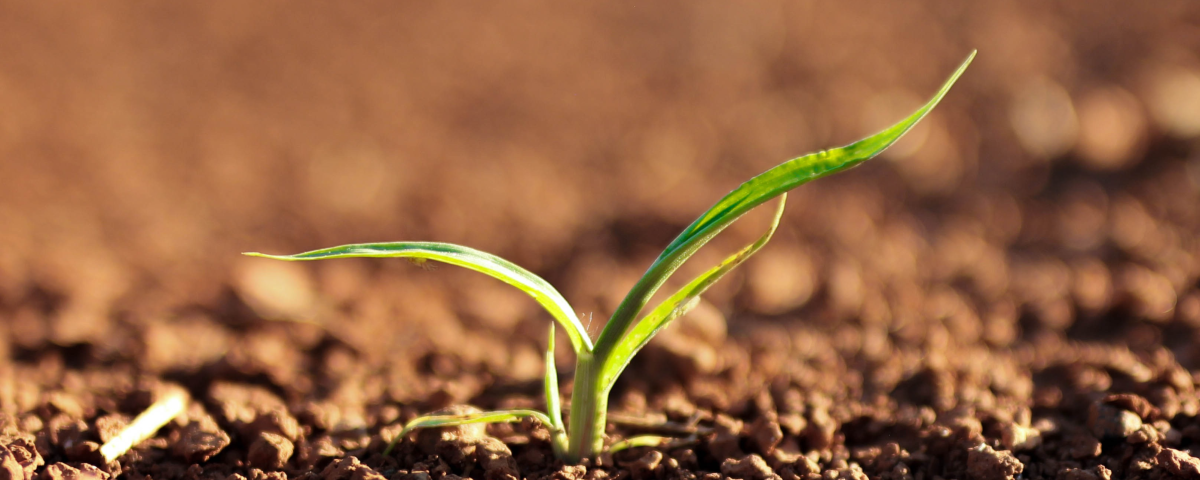WinterSoil

6 Important Steps for Healthy Winter Soil
An important step to growing in your garden in the winter months is the soil. If your soil isn’t right it will be much easier for things to rot in the winter months versus the summer months. That’s because things don’t evaporate as quickly. We are going to look at six important factors to having healthy soil
1. You want soil that is deep. Having your soil about 18″ deep when you are growing vegetables is what we refer to when we say that you want your soil deep. This will give your plants enough room to grow.
2. You want to have draining soil. This means that the water doesn’t pool so you don’t get a flood scenario. Even if you have access water it should be able to drain through in less than 24 hours. Most plants, if their roots are underwater for more than 24 hours, they will start to rot. If you see leaves starting to wilt and shrivel or go extremely yellow this is a sign that your plant is starting to rot. It’s starved for nitrogen and oxygen.
3. You want the soil to hold like a sponge where it holds the water it needs and drains any excess water.
4. You want to use about 1/3 organic matter in your soil. You would want to get this from compost sources, but watch out for hot manure.
5. You want a neutral pH of about 6 or 7. We suggest leaning more towards the lower side of the pH. You can use soil acidifier to bring down the pH level. This allows more oxygen and nitrogen to get to the roots of the plant.
6. Soil should crumble easily. You can grab some soil and crush it into a ball in your hand. When you let go it should crumble into pea size pieces. If it stays in one big lump that means you have really heavy clay and you need to compensate with some gypsum , avoid manure, and add composted mulch.
To find out about our webinars or live classes that are available please visit agriscaping.com/events
